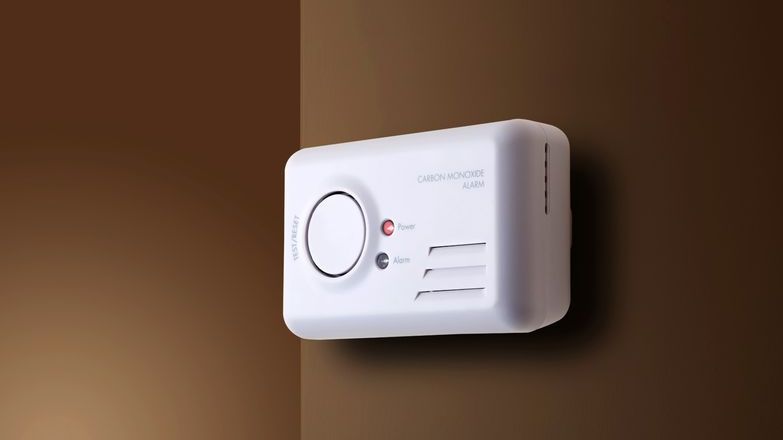
To meet obligations, a working carbon monoxide alarm must be present in any room which has a gas, oil or solid fuel-burning appliance.
Regardless of the type of contract in place, they should be in all privately rented properties when the Act comes into force. There are no exceptions, and this includes if it is a converted contract.
Letting agents’ obligations
Letting agents, particularly those undertaking a full management service, should be reviewing their property portfolio and making landlords aware of the imminent changes.
If an agent has failed to notify the landlord of the changes leading to a landlord fine, it will likely be deemed as professional negligence.
Installing and maintaining alarms
As the concentration of carbon monoxide could reach dangerous levels before attaining ceiling height, as a rule, alarms should be installed lower than smoke alarms and when installing carbon monoxide alarms the accompanying guidance should be followed.
The expiry date of the alarm should be noted and landlords and agents must ensure it is in proper working order at the start and throughout the period of occupation
Penalties and enforcement
If a contract holder (tenant) has made it clear to the agent or landlord, that the property does not meet the regulatory standard they are entitled to withhold the rent for each day or part-day in which the property is unfit.
It is therefore advisable the agent or landlord resolves disputes with the contract holder to prevent matters from escalating.
Ultimately, a court will decide if a property has failed to meet the regulatory standard.
Where a court decides the property was fit for habitation and the contract holder was incorrect in withholding rent then this must be repaid to the landlord. Failure to repay the withheld rent will be considered rent arrears.
If the court decides the property was unfit at any period of occupation and the contract holder had been paying the rent by way of Housing Benefit or Universal Credit, the rent received during the period the property was unfit will be deemed as an overpayment and therefore must be returned.




